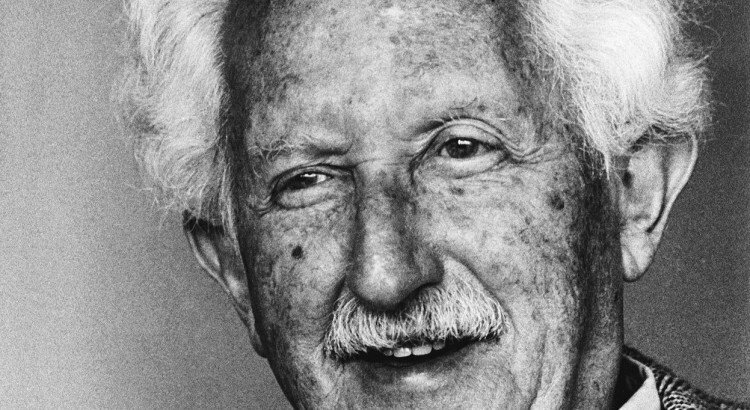When talking about the basic principle of psychoanalyst and psychologist, Erik Erikson is considered the man responsible for the development. He was born on June the 15th 1902 in Frankfurt and he was known for his psychological theory of human beings development. He was also known for his coined term of identity crisis. Later on, Kai Erikson – his son – became a well-known American sociologist. The cool thing about Erikson’s life is that he was able to become a professional professor at Yale and Harvard, although he didn’t get bachelor’s degree. This is not a student wondering "How to write my research proposal in a short time?". This is a scholar with a great amount of experience, focused on creating new educational culture.
The reason for Erik Erikson interest in psychology could be traced back to his early childhood period. His father was a Jewish stockbroker – Waldermar Solomonsen – while his mother was a Danish wealthy daughter in Copenhagen named Karla Abrahamsen. When Erik was born, Karla hadn’t seen her husband for years so the boy was named as Erik Salomonsen. After Erik was born, Karla decided to move to Karlsruhe and had a nursery training. In 1905, he married a pediatrician named Theodor Homburger. Erik had a name change in 1908 becoming Erik Homburger and in 1911 he was finally adopted officially.
Erik Erikson had been struggling with his own identity development ever since he was a child. In fact, it seemed to be one of his greatest concern. He was known as Erik Homburger during his childhood days and he didn’t even know about his birth detail. He felt out of place, being raised in Jewish surrounding and religion, while his physical aspect seemed to deceive himself. He was blond and tall with charming blue eyes. At school, he was often teased because of his Jewish influence, but at the temple school, he was teased as a Nordic.
When Erik Erikson grew up, he became art student and then art teacher. He was teaching in Vienna at a private school and at the place he met Anna Freud, Sigmund Freud’s daughter. He learned about psychoanalysis and he decided to be an expert in that field. He took the subject at Vienna Psychoanalytic Institute, along by learning the educational method of Montessori which is focusing on child subject and development.
His greatest innovation was when he set up the principle of eight stages of development. Previously, Sigmund Freud had done the five stages of psycho-sexual development. Erik Erikson even completed his 8 stages into 9 stages which he described in his book titled “The Life Cycle Completed”. In his theory, Erikson stated that human beings have to go through certain stages within their lives if they want to reach their full development and those stages have expanded from the moment they are born to the moment they die. He also stated about the idea of ego psychology, stressing human ego that has expansive role within their lives – not only the main servant and controller of the identity. Because of his theory, he won Pulitzer Prize and a special award for his book.
Erik Erikson has mentioned the different life stages development, which includes:
– Basic mistrust and basic trust. This is the basic period of human stage since it will cover infancy period. Nurture is the key factor in the babies developing their basic mistrust or trust conceptuality. Maternal relationship also plays important factor in the babies’ development because the mother will reflect a sense or trustworthiness, personal meaning, and other important aspect of a child. If the procedure is done correctly and successfully, the baby will also have strong trusting sense.
– Shame and autonomy. This period is lasting during early childhood, which also include toilet training.
– Guilt and initiative in purpose. Guilt has also important role in the children’s ability to act because if they act depends on the guilt, then they are not functioning well.
– Inferiority and industry in competence. Children start comparing themselves with others – especially in self-worth aspect.
– Role and identity confusion in fidelity. This is the period where adolescents start questioning themselves, their purpose in life, and who they really are.
– Isolation and intimacy. It is the first adult stage development.
– Stagnation and generativity. It is the period where people start feeling settled in.
– Despair and ego integrity. This is where human beings are considered stepping into their last chapter of life.
Erik Erikson retired around 1970 and he was awarded Jefferson Lecture, which is the highest honorary achievement in humanities in 1973. He then passed away on May the 12th 1994.


